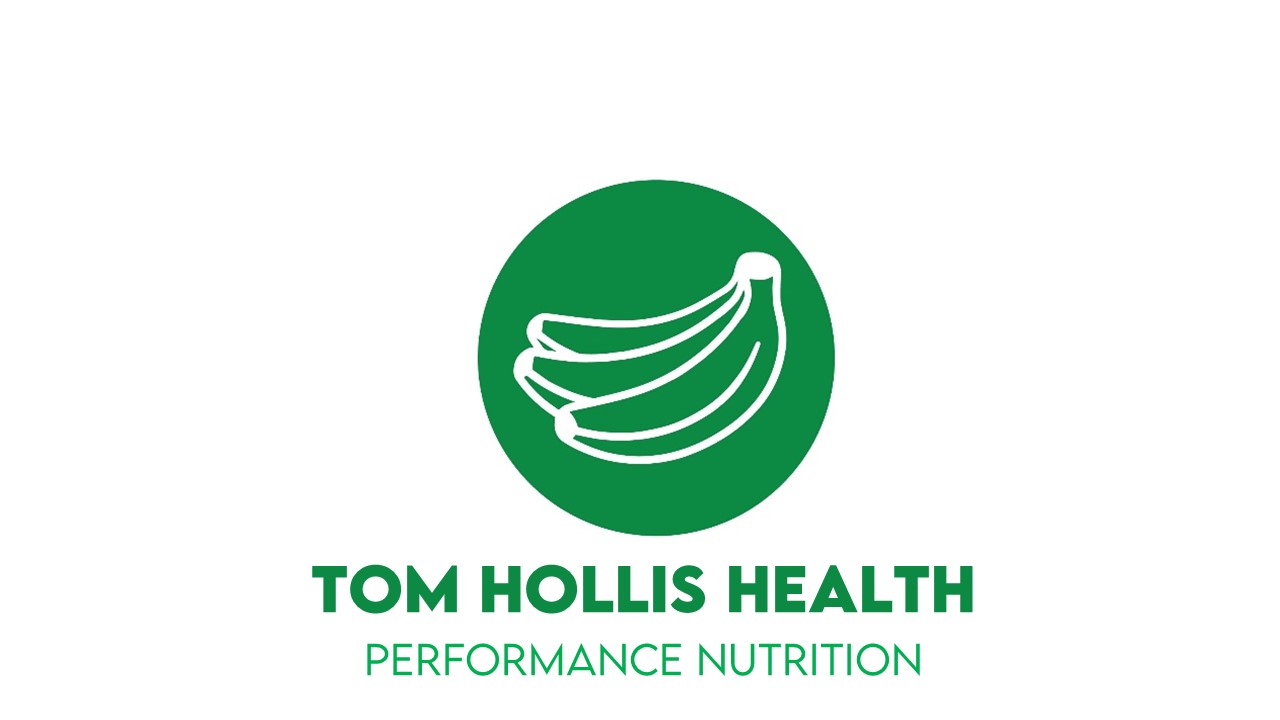We’re just entering that phase of the year of the fateful office Christmas party – that hazy afternoon spent awkwardly conversing with Stu from HR and Paula from finance. But while you may wake up on Saturday morning (or afternoon) regretting discussing your personal life with your boss in quite so much detail, you can at least reflect on the fact that you probably enjoyed your first of several Christmas dinners this year. But did you have your Brussels sprouts? Here are five facts about these much-maligned brassicas:
1. Why the weird name?
The ‘Brussels’ thing comes from the fact that these sprouts were grown in Belgium as long ago as the 13th century. However, these days it’s next door neighbours, the Netherlands, that can boast (or not) of being Europe’s biggest producers of the crop.
2. Essentially mini cabbages
That’s right, Brussels sprouts are actually cultivars of the cabbage species. They belong to the same family of vegetables as the more widely celebrated broccoli and kale.
3. Bitter?
Those with a phenomenal memory might recall my blog on rapeseed oil, and specifically the techniques used to reduce the level of glucosinolates, and therefore the bitterness of the oil. Well, the same is true for Brussels sprouts, with modern methods helping to create a more palatable (and popular) vegetable.
4. Packed with great nutrition
When raw, Brussels sprouts are excellent sources of vitamin C, several B vitamins, and particularly vitamin K, which plays a key role in bone health and blood clotting. The key to making the most of these micronutrients is to avoid overcooking the sprouts – they taste much nicer when a bit firmer anyway.
5. Just beware the smell
There are so many components of the heavy, rich Christmas dinner that contribute to a little excess wind – but the rumours are true – Brussels sprouts are definitely among the main offenders. The wind bit is due to containing a sugar called raffinose, which is poorly digested high up in the gastro-intestinal tract, leading to fermentation (and therefore gas production) in the large bowel. And the double whammy is the fact that sprouts contain sulphur containing chemicals, in order to put off predators from snacking on their leaves. Sadly, these add a certain pungent quality to the gas that is hard to avoid!
Love them or hate them, Brussels sprouts are ingrained in Christmas culture, and I for one will be tucking in and accepting the consequences.




